A population policy expert and Political Demographer, Dr. Godfred Bonnah Nkansah is warning that Ghana risks economic stagnation if urgent investments are not made in family planning and reproductive health services.
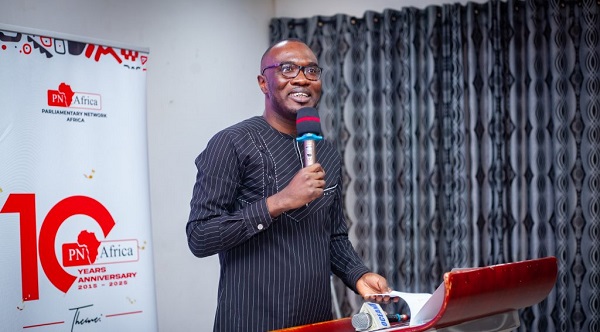
He urged government leaders to integrate population management into the broader “Resetting Ghana” development agenda.
He says targeted investment in family planning, particularly for adolescent girls and women, is essential to reducing the country’s high dependency ratio and driving long-term economic growth.
Speaking at a regional consultation workshop on sexual and reproductive health organized by Parliamentary Network Africa and MSI Ghana in Cape Coast under the theme: Empowering Champions for Reproductive Health Policy Influencing Through Education and Supportive Environments (ECHOES), he said the country’s fertility rate, nearly four children per woman, is outpacing its development goals.
Read Also: UCC Nursing Students Challenged to Emphasize Clinical Skills
He said Ghana has implemented several initiatives, including the Adolescent Health Service Policy and Strategy, and the Family Planning Costed Implementation Plans adding that while these have improved awareness and access, key gaps remain, especially in the availability of modern contraceptives, adolescent sexual health services, and comprehensive reproductive education.
Dr. Bonnah Nkansah therefore called for urgent national dialogue on the implications of Ghana’s population growth rate, currently 2.1%, nearly double the global average.
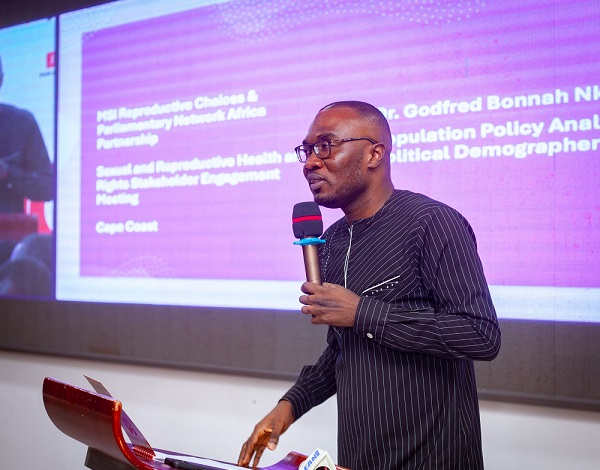
He identified key drivers of Ghana’s population boom: child marriage, teenage pregnancy, early childbearing, and limited access to family planning services.
He stressed that the fertility rate is stretching national resources, and threatening sustainable development.
Dr. Nkansah called for strengthened reproductive health education and greater access to modern contraceptives, especially for young people and underserved communities.
He urged a collaborative approach involving government, civil society, and individuals to align population trends with national development goals.
The National Youth Project Officer at MSI Reproductive Choices Ghana, Henrietta Ataah Kaakyire, called on the government to expedite the adoption of the Reproductive Health Manual, submitted to the Ministry of Education under the previous administration.

She argued that the document is critical to institutionalizing reproductive health education.
According to Ms. Clara Anim, reproductive health intersects critically with issues of education, economic empowerment, gender equality, and social protection—and should therefore not be treated as a siloed policy concern.
“When girls remain in school, when women have access to family planning, and when young people are equipped with comprehensive sexuality education, the benefits ripple outward—transforming lives, families, communities, and ultimately, our nation,” she said.
Ms. Anim made the remarks during a stakeholder engagement session under the ECHOES Project, an initiative implemented in partnership with Parliamentary Network Africa (PNAfrica). The project seeks to empower a new generation of policy “champions” to advocate for inclusive and rights-based sexual and reproductive health and rights (SRHR) policies.
She emphasised that Parliament, Ministries, Departments and Agencies (MDAs), Civil Society Organisations (CSOs), and the media all play indispensable roles, not only in disseminating accurate information but in shaping national discourse and legislative priorities.
“You play a vital role in shaping and safeguarding policies that ensure access to youth-friendly services, modern contraception, and environments where every individual is supported to make informed reproductive choices,” Ms. Anim told participants.
Through advocacy, capacity building, and institutional engagement, the ECHOES project aims to equip leaders at various levels of governance with the tools to influence and sustain policies rooted in evidence, equity, and human rights.
Ms. Anim stressed that SRHR should not be viewed purely as a health issue, but as a foundational pillar of national progress.
“Our goal,” she stated, “is to ensure that reproductive health is recognised as essential to achieving gender equality, reducing poverty, promoting education, and advancing national development.”
The workshop brought together stakeholders to review barriers to achieving universal sexual and reproductive health and to propose actionable policy reforms.
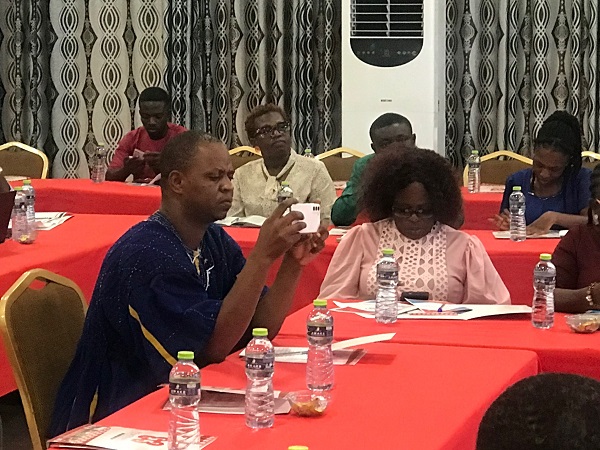
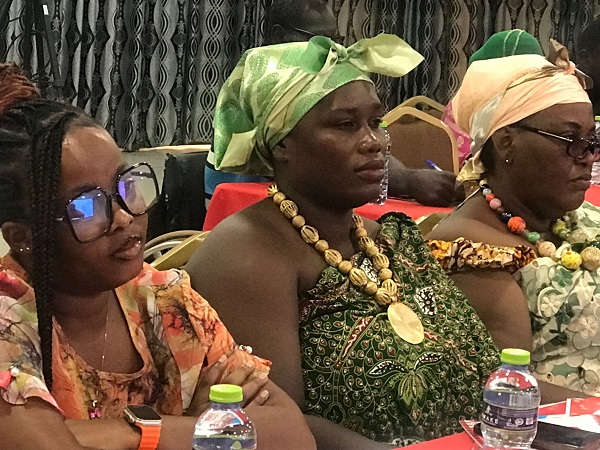
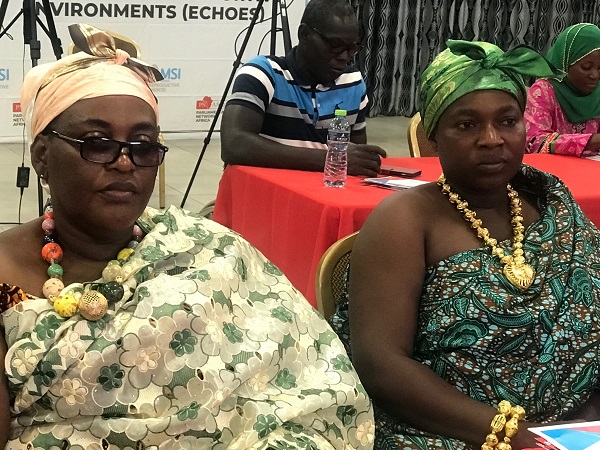
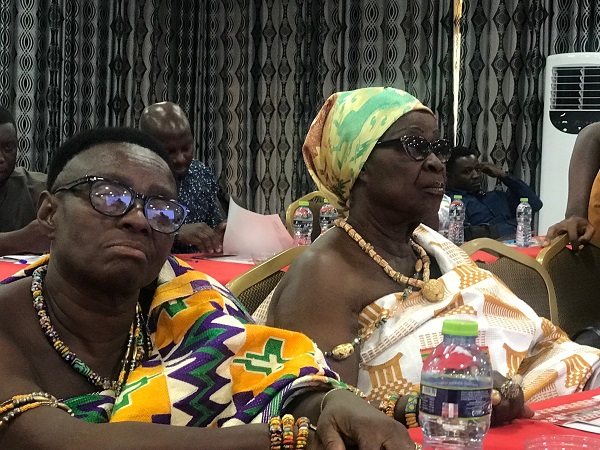
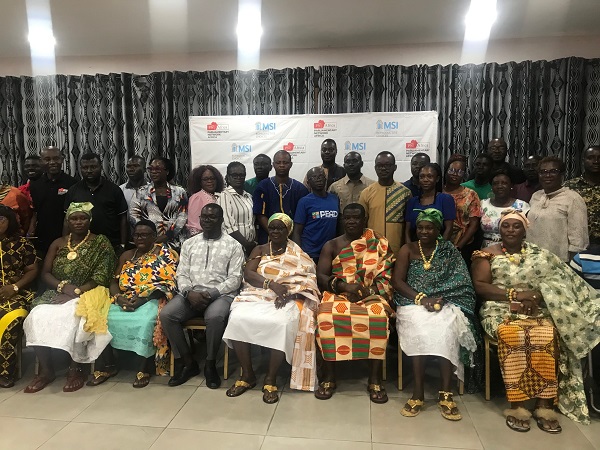


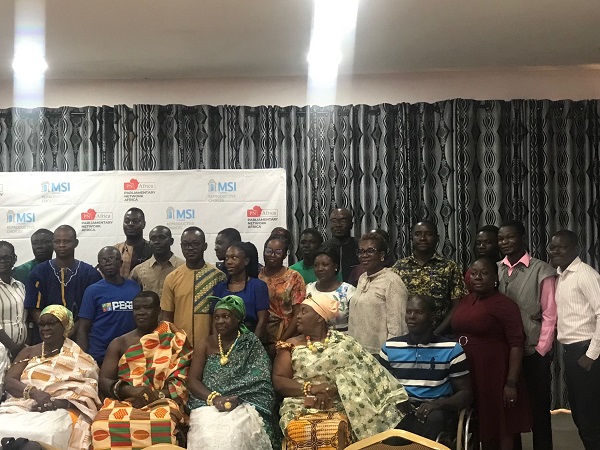

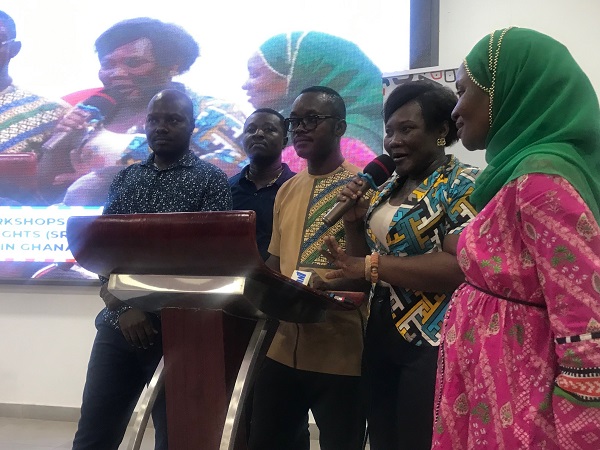
Source: Anthony Sasu Ayisadu/ATLFMNEWS
























